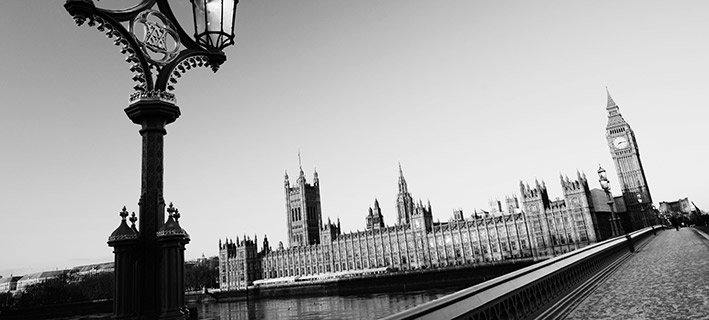In 2009 David Cameron gave a speech at a Reform event setting out what a future Government under his leadership would do to the nation’s quangos.
“With a Conservative government, Ofcom as we know it will cease to exist,” he said. “Its remit will be restricted to its narrow technical and enforcement roles. It will no longer play a role in making policy.”
We are used to hearing politicians promise to ‘take the politics out’ of issues, whether the health service, prisons or the media. There’s an obvious attraction in letting an independent body take the difficult decisions. Cameron’s speech seemed, bravely, to go in the opposite direction.
But two years on, almost to the day, the Prime Minister announced that self-regulation, or at least the model practised by the press, had failed. Meanwhile, the planned takeover of BSkyB by News International – about as political an issue as you can imagine – hinged for a long time on advice provided by Ofcom.
Right now, the regulator seems to be right on the front line of policy. Although Ofcom has undoubtedly changed since the election, the intended retreat into issuing radio licences and handling complaints about sexy routines on X-Factor has not gone quite to plan.
So what happened? Why can’t politicians seem to kick regulators out of politics? There are three important factors at work here.
Convenience. Politicians quite like having a release valve. Facing a lose-lose decision like the Sky verdict, it is an understandable tactic to base your decision 100% on the advice of an independent source.
Capacity. At a time when government departments are cutting back on budgets and headcount, their expertise and resource to analyse issues is under strain. A specialised regulator well staffed with expert and (yes) better-paid staff is often well placed to fill this gap.
Covetousness. Ministers just can’t help wanting to be close to the big decisions, meaning that even regulators with a crystal clear remit ultimately operate in a political environment. Although every business will tell you they want decisions made after careful impartial review of all the evidence, there are few issues that don’t have the capacity to become political. This is why a smart strategy for influencing regulatory decisions will always include a Government angle.
All of which helps explain the yawning gap between the rhetoric of 2009 and the messy reality of 2011. As Secretary of State, Jeremy Hunt has ended up needing an Ofcom he might once have planned to hobble. But he still has to push on with his Communications Review, the outcome of which will shape communications policy for the decade ahead. Where it will leave that elusive boundary between the political and the regulatory is, surely, more up for grabs than ever.

